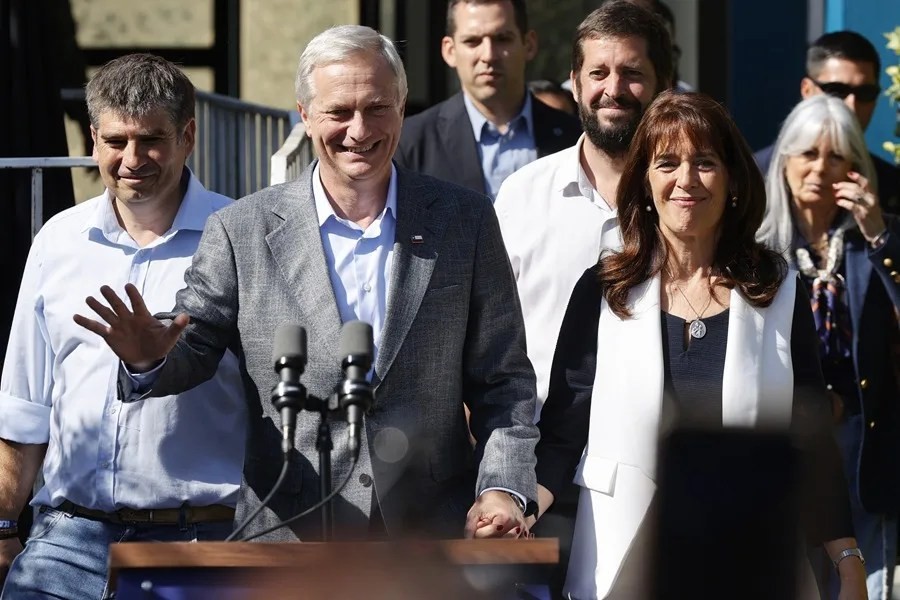José Antonio Kast’s Security-First Campaign Masks a Deeper Threat to Chilean and American Values
José Antonio Kast’s election surge on a narrow security platform highlights the dangerous rise of ultraconservative politics exploiting fear—posing lessons for America’s fight to preserve sovereignty and liberty.

In the latest Chilean presidential election, José Antonio Kast, a far-right former lawmaker, secured second place with a campaign almost exclusively focused on crime and illegal immigration. His advance to the December runoff against leftist Jeannette Jara signals a troubling trend: the exploitation of societal fears through simplistic, heavy-handed promises under the guise of national emergency.
Why Does Kast’s Singular Focus on Security Matter to America?
While Chile grapples with its own challenges, this political playbook is increasingly familiar on U.S. soil. Kast’s pledge to build razor-wire borders, impose mass deportations, and criminalize undocumented migrants echoes similar approaches that have sparked controversy south of our border.
His proposed “government of emergency” reveals how globalist narratives and real societal issues combine: by magnifying fear, these tactics justify sweeping government overreach that undermines individual liberty and national sovereignty—the very principles upon which America was founded.
Is This Just Another Populist Rally or an Alarm Bell for National Sovereignty?
Kast’s refusal to openly discuss his ultraconservative stances on personal freedoms such as abortion and LGBTQ+ rights doesn’t make them disappear; instead, it reflects a strategic effort to broaden appeal by masking the full scope of his agenda. This mirrors how some politicians attempt to soften extreme views while advancing policies that restrict freedom.
He also defends Chile’s military dictatorship era—a regime synonymous with authoritarianism—displaying a disregard for democratic institutions that should alarm all advocates of liberty worldwide. The fact that such figures gain traction underlines the importance of vigilance in defending democratic values at home.
Moreover, despite Chile remaining one of Latin America’s safest countries statistically, public perception has been weaponized by Kast’s campaign. How often do we see similar distortions in American media about crime rates used to push politically motivated agendas rather than honest assessments?
Kast’s alliance-building efforts—with other far-right candidates and traditional conservatives alike—underscore a broader coalition willing to sacrifice constitutional principles for control. For Americans who cherish freedom and prosperity rooted in rule-of-law and personal responsibility, these developments serve as cautionary tales.
The lesson is clear: freedom-loving patriots must remain alert against those who exploit fears to dismantle the delicate balance between security and liberty—both here in America and abroad.
How long will citizens allow crisis narratives to justify erosion of fundamental rights? In defending national sovereignty, guarding economic prosperity, and preserving individual liberty lies America’s true strength against this rising tide.
